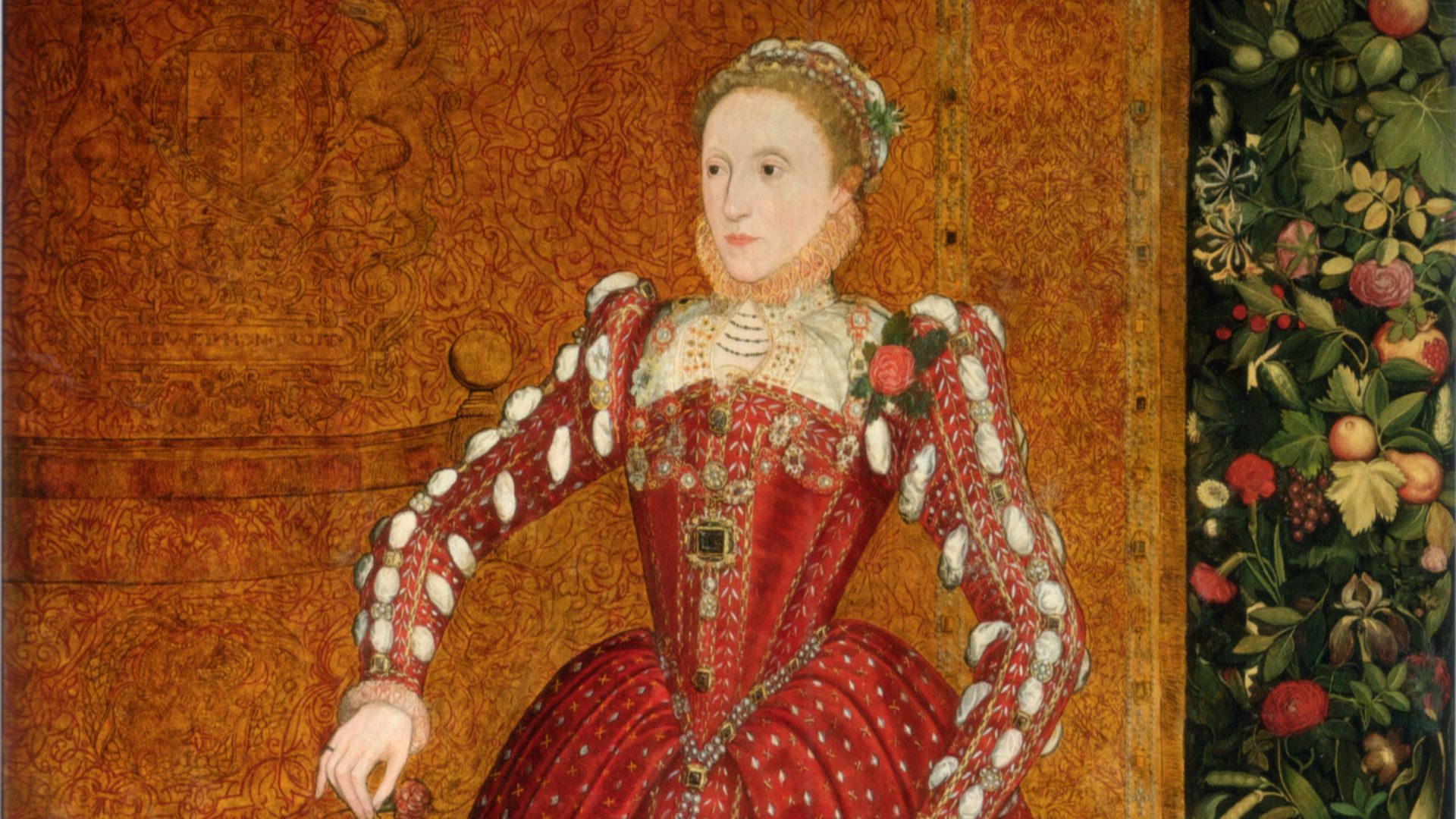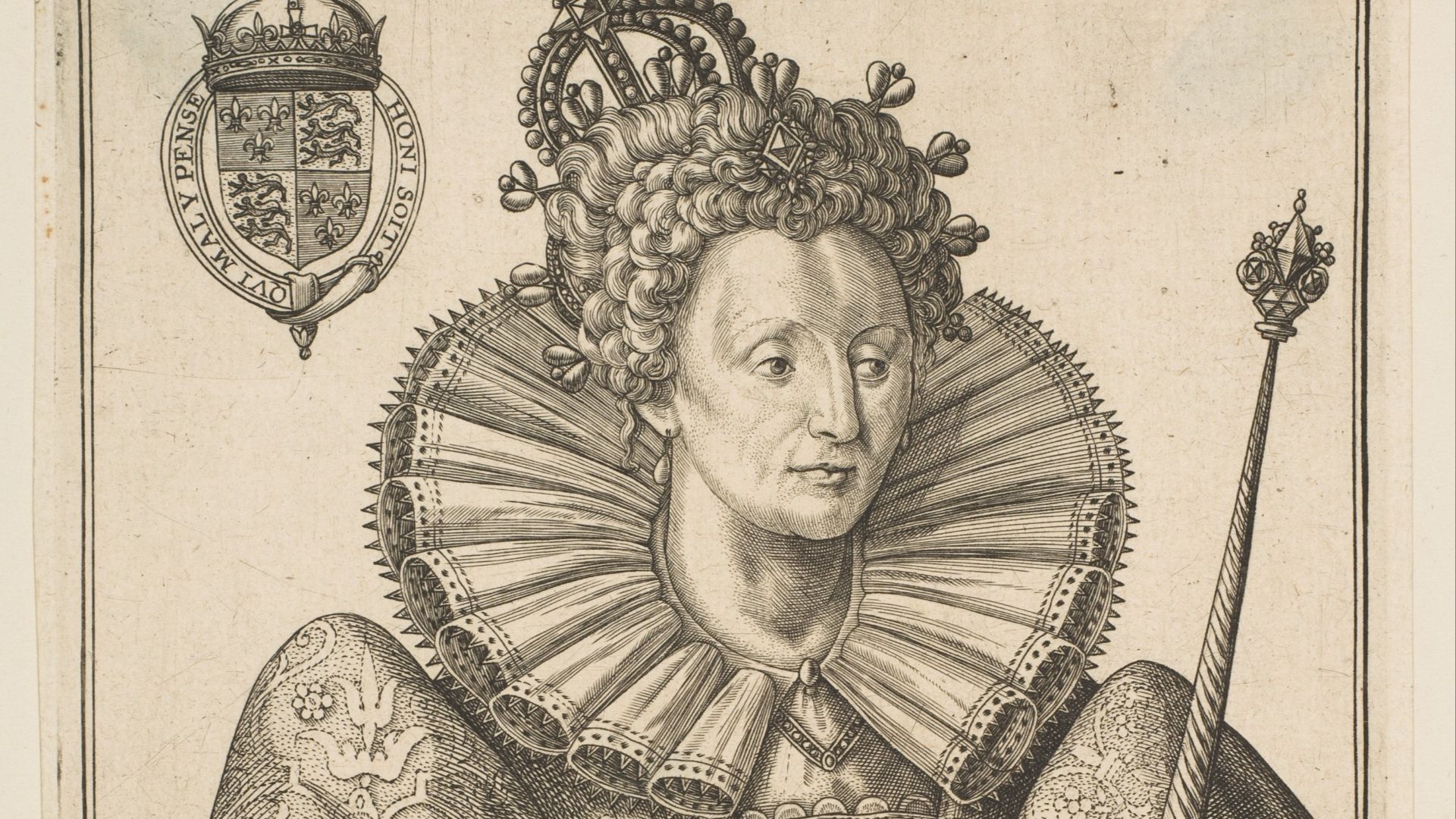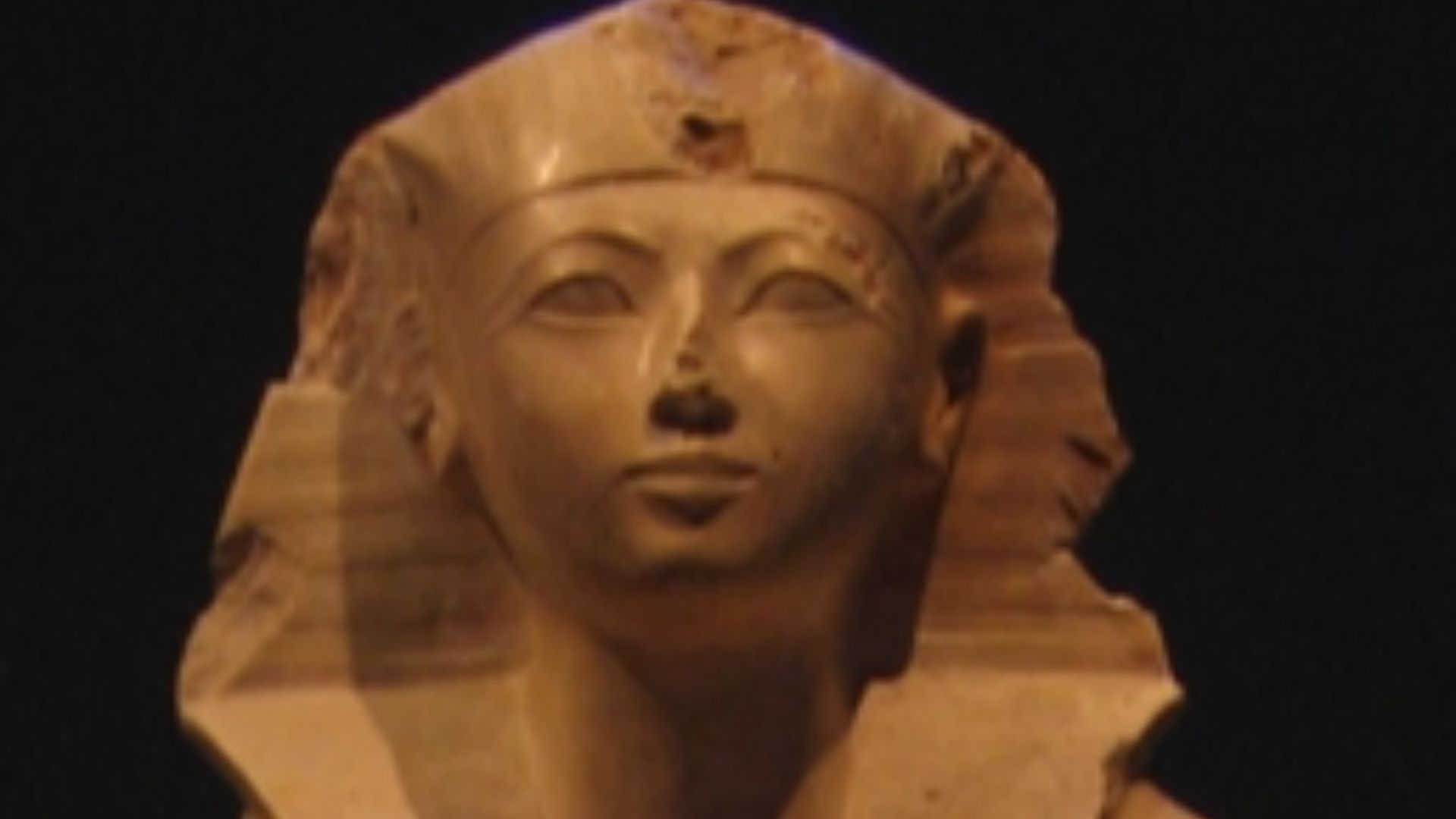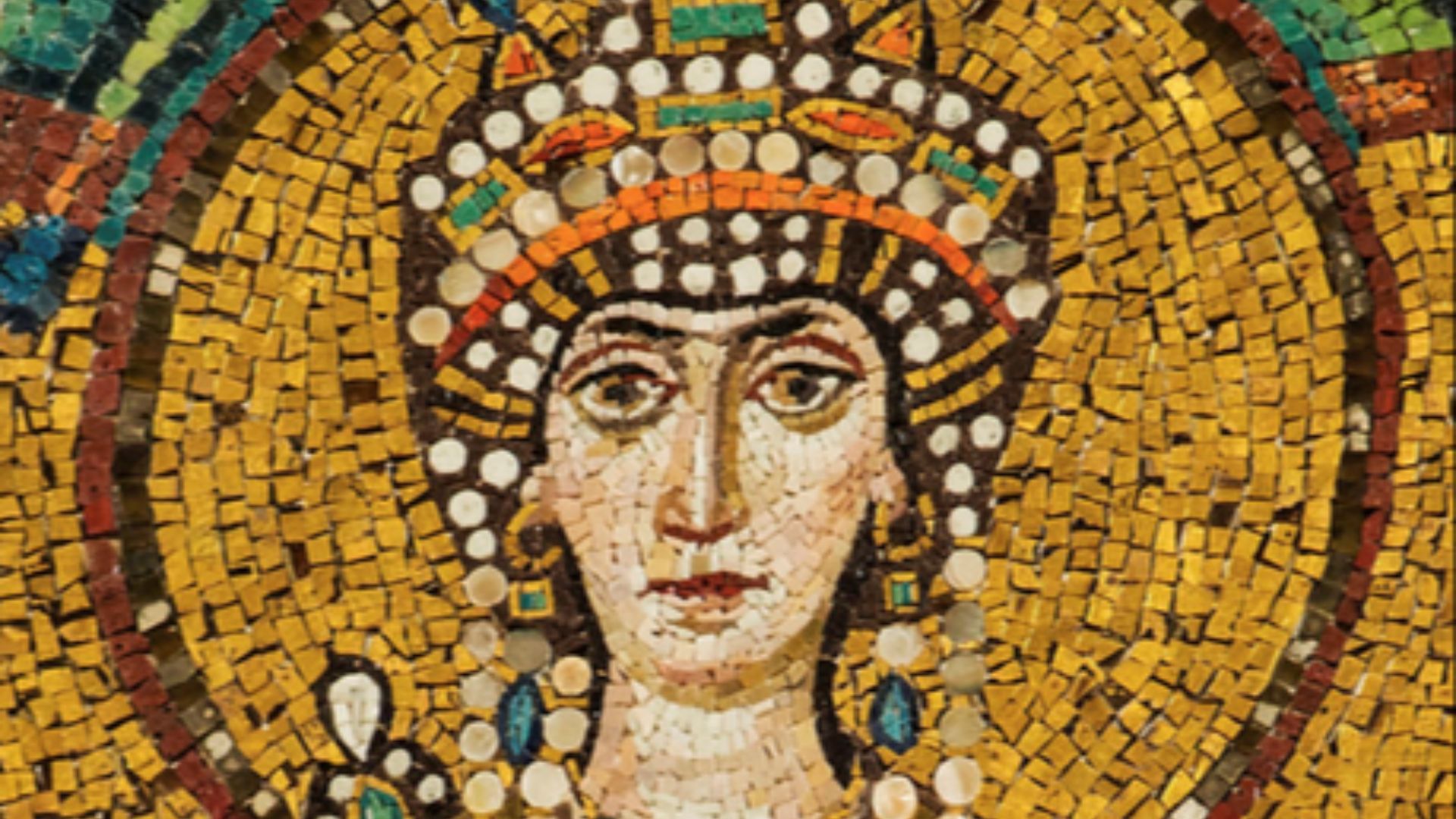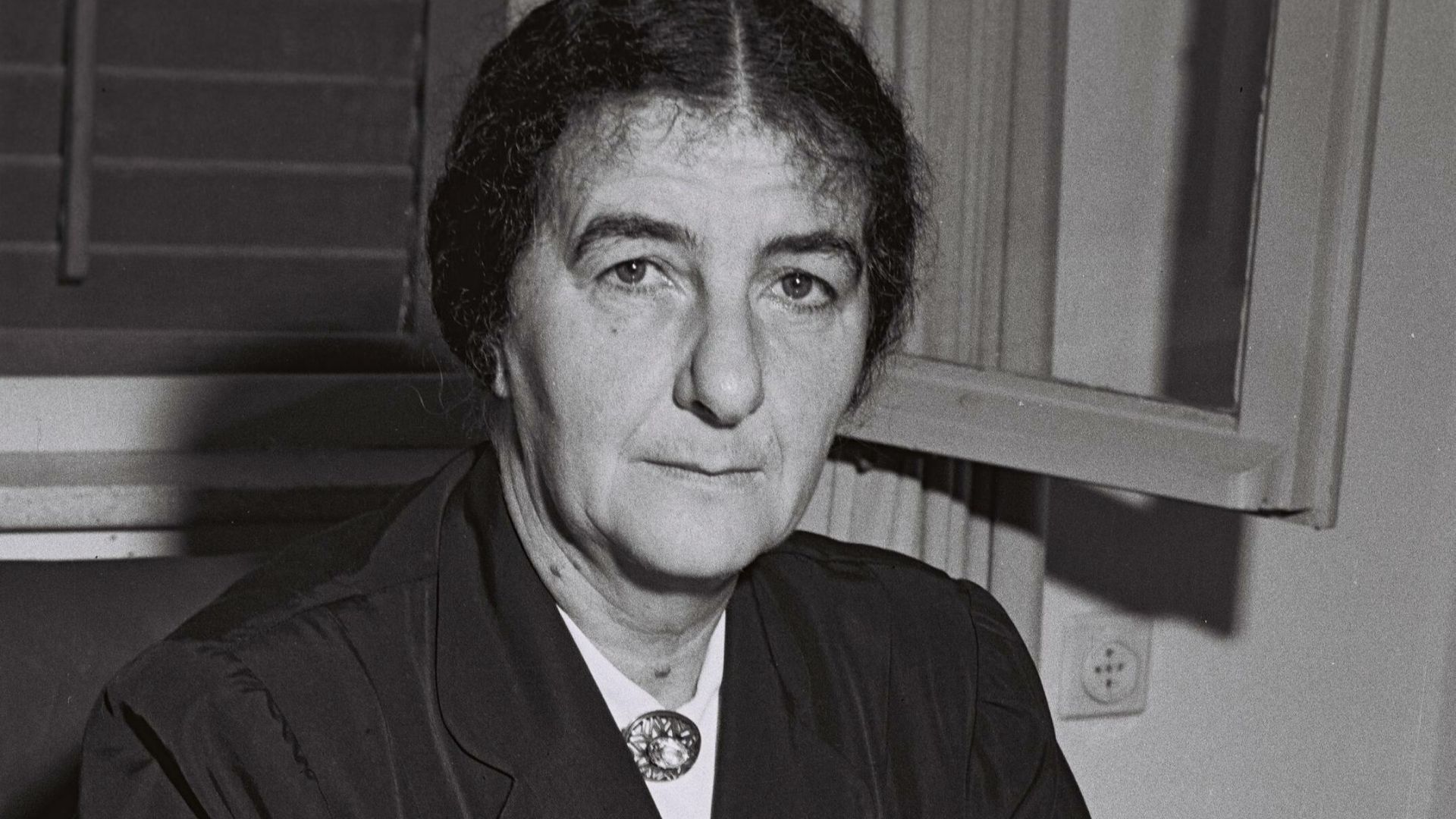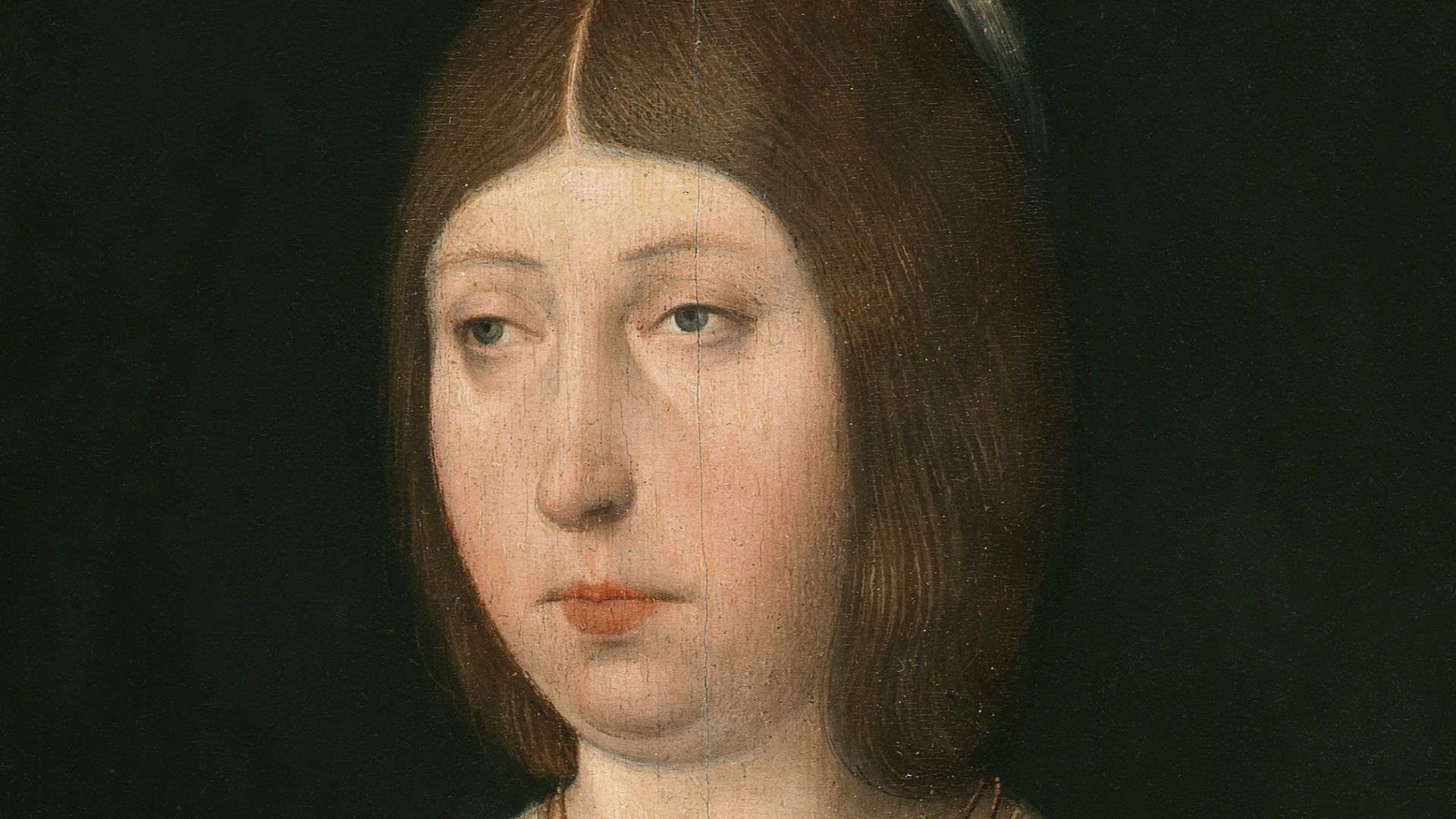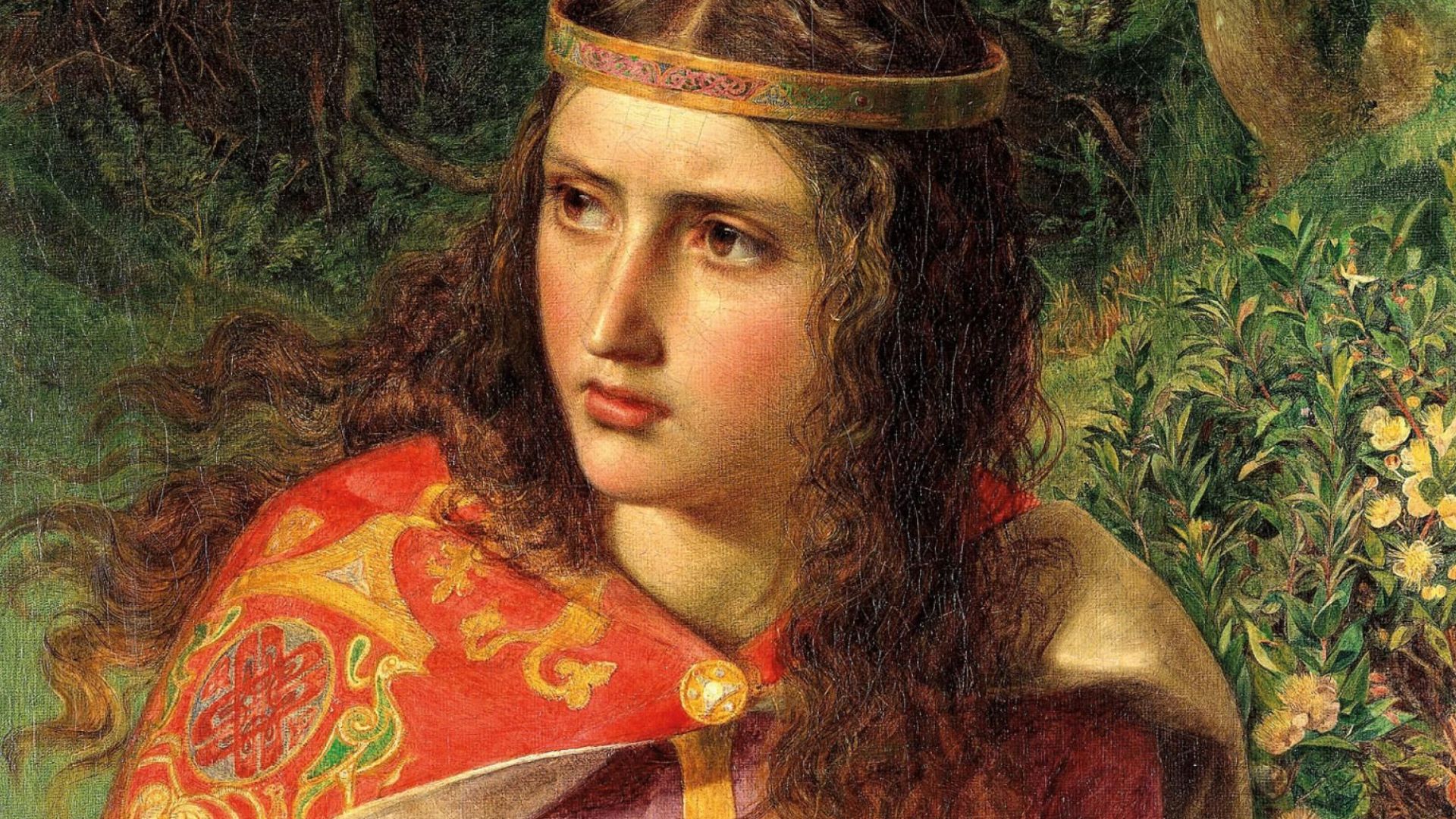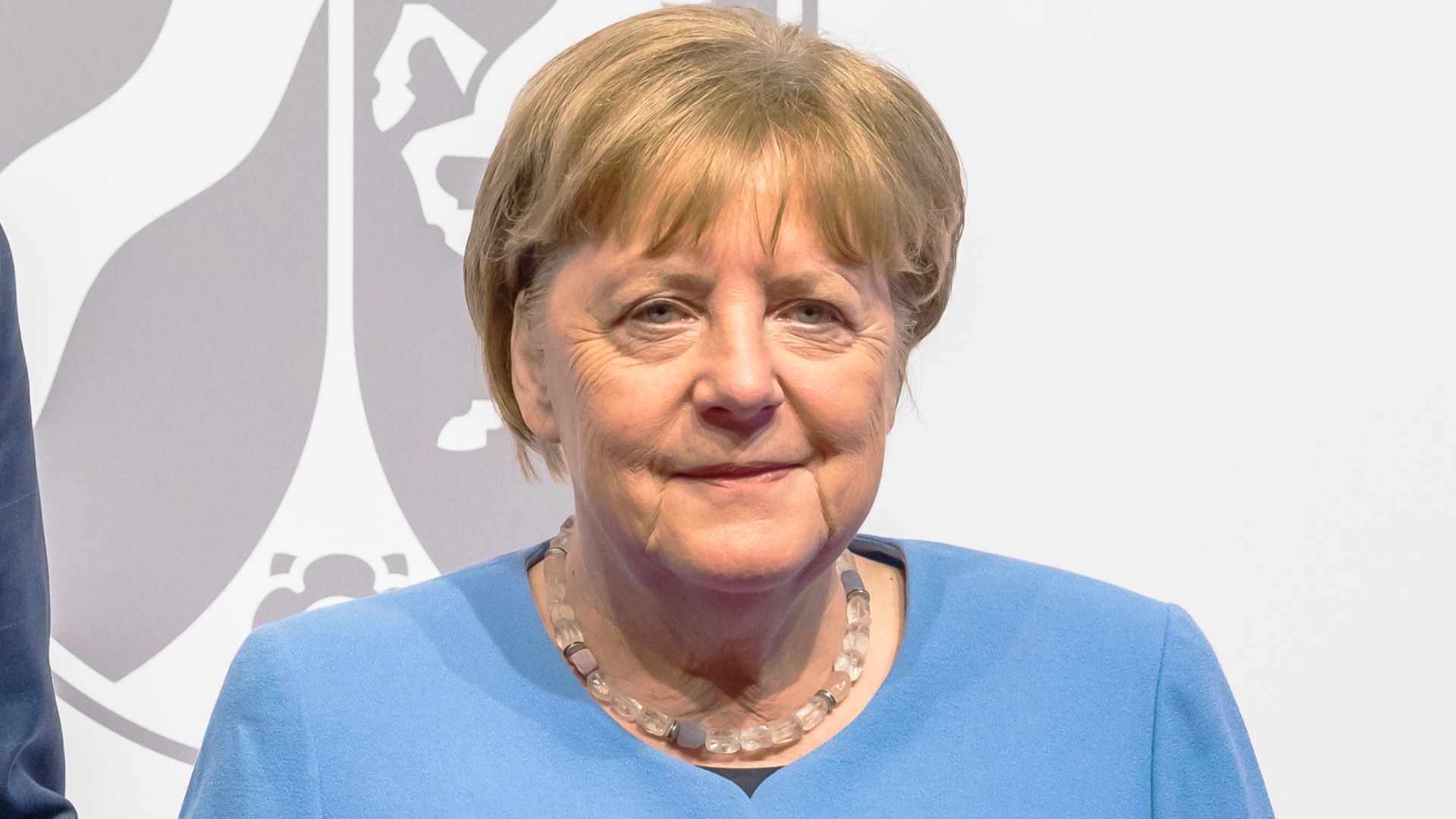Who Rules The World?
We all know about the kings and emperors who shaped our world, but let's not forget about the queens and empresses who also played a significant role in history. From Joan of Arc to Queen Elizabeth I, these women became national icons. Some of them have complicated legacies while others have gone down in history as heroines. Here are 20 of the most powerful women in history.
1. Catherine The Great
Catherine The Great was the empress of Russia in the 18th century. She staged a coup shortly after marrying the emperor Peter III. She expanded Russia's territory, established hospitals, and promoted the arts.
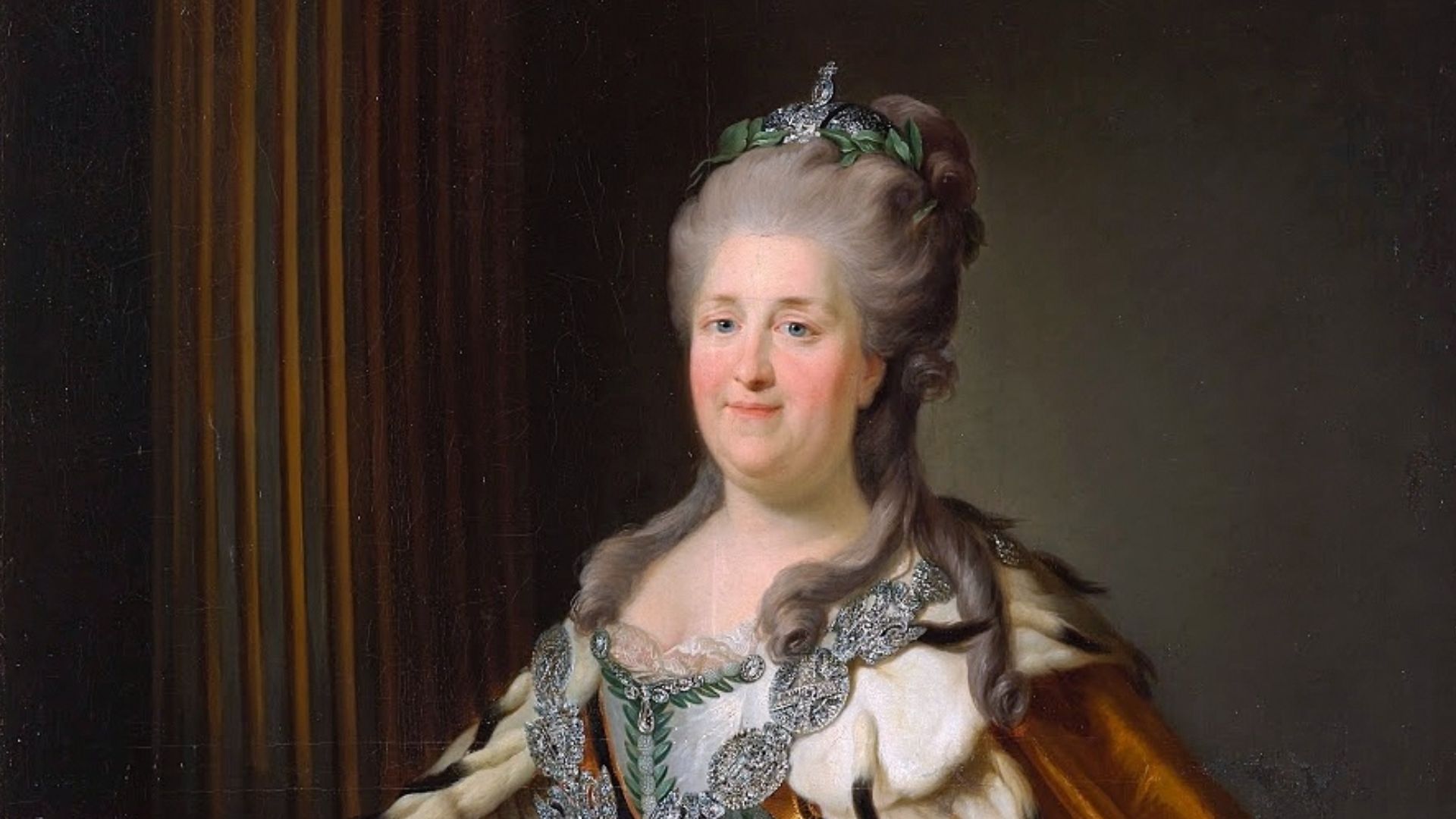 After Fyodor Rokotov / Antoni Albertrandi on Wikimedia
After Fyodor Rokotov / Antoni Albertrandi on Wikimedia
2. Cleopatra
Cleopatra was the last pharaoh of ancient Egypt. She was a polyglot and a clever politician who expanded Egypt's power and territory but was eventually defeated by the Romans.
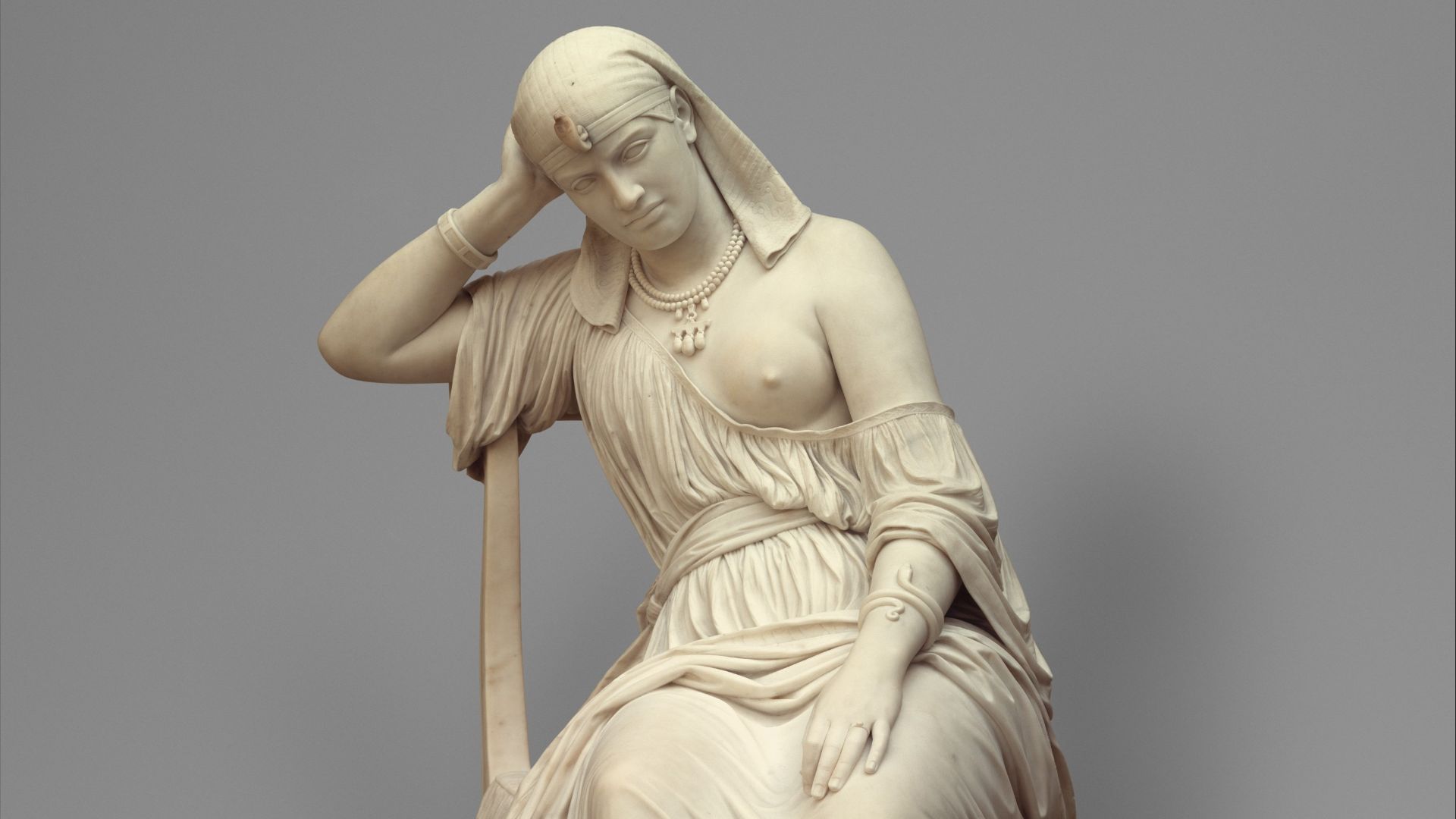 William Wetmore Story on Wikimedia
William Wetmore Story on Wikimedia
3. Queen Elizabeth I
Queen Elizabeth I reigned as Queen of England and Ireland in the 16 century. She was an intellectual who encouraged the arts. She was also a skilled diplomat who helped bring England to the forefront as a world power.
4. Queen Victoria
Queen Victoria ruled England in the 19th century. Under her rule, the British Empire saw significant growth. She was known for her strong influence over other monarchies.
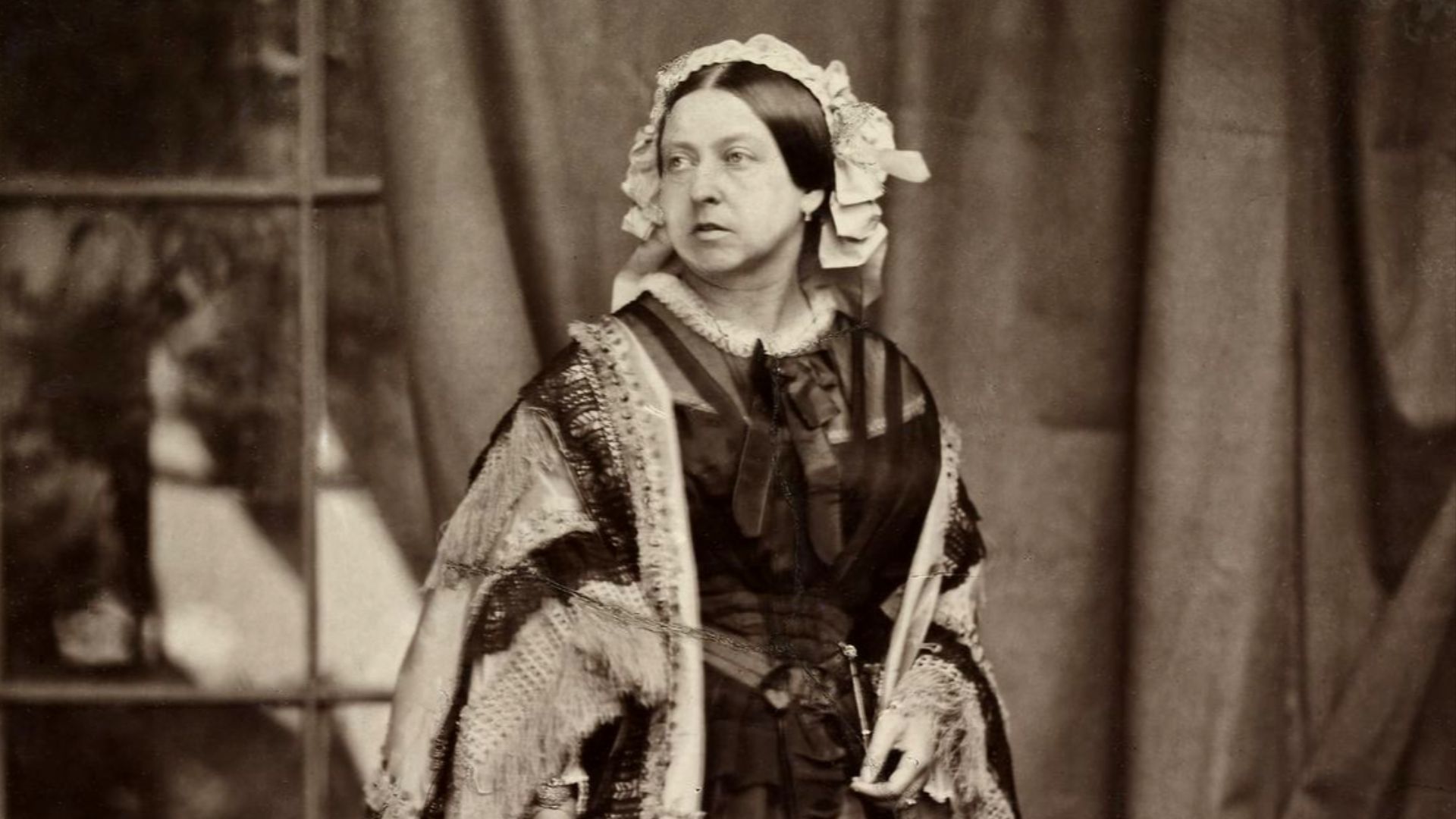 John Jabez Edwin Mayall on Wikimedia
John Jabez Edwin Mayall on Wikimedia
5. Queen Elizabeth II
Ruling for 70 years, Queen Elizabeth II was the longest-reigning British monarch. She came to power at the age of 25 and presided over the de-colonization of many of Britain's territories. She was also the patron of over 600 charities.
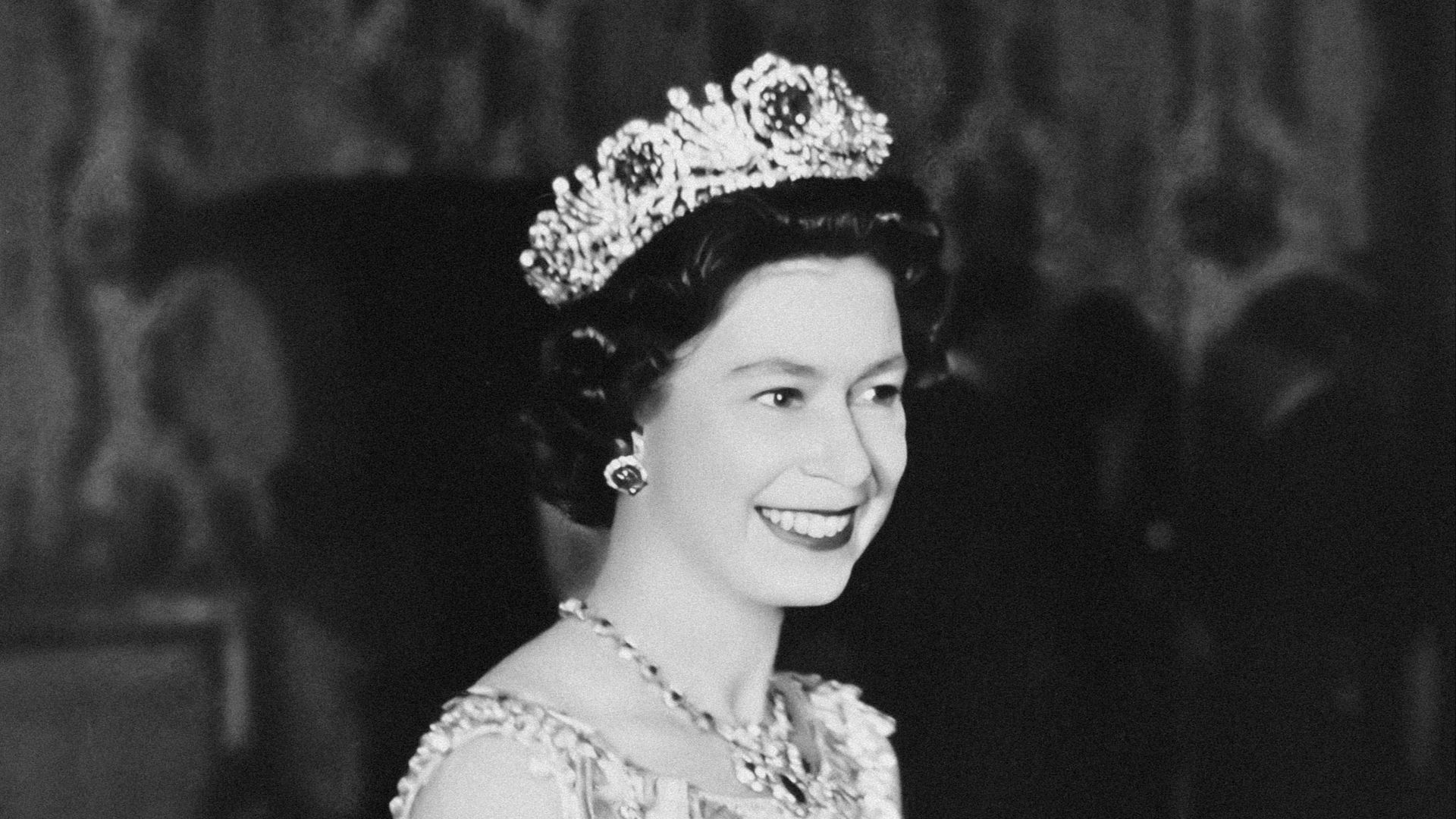 Museums of History New South Wales on Unsplash
Museums of History New South Wales on Unsplash
6. Hatshepsut
Hatshepsut was pharaoh of Egypt in the 16th century BCE. During her rule, she restored monuments, re-established trade with Asia, and initiated many important building projects.
7. Empress Dowager Cixi
Empress Dowager Cixi is widely credited with pulling China out of the dark ages, transforming it into a global power. She encouraged education for young girls, banned foot binding, reformed the legal code, and opened up trade with other countries.
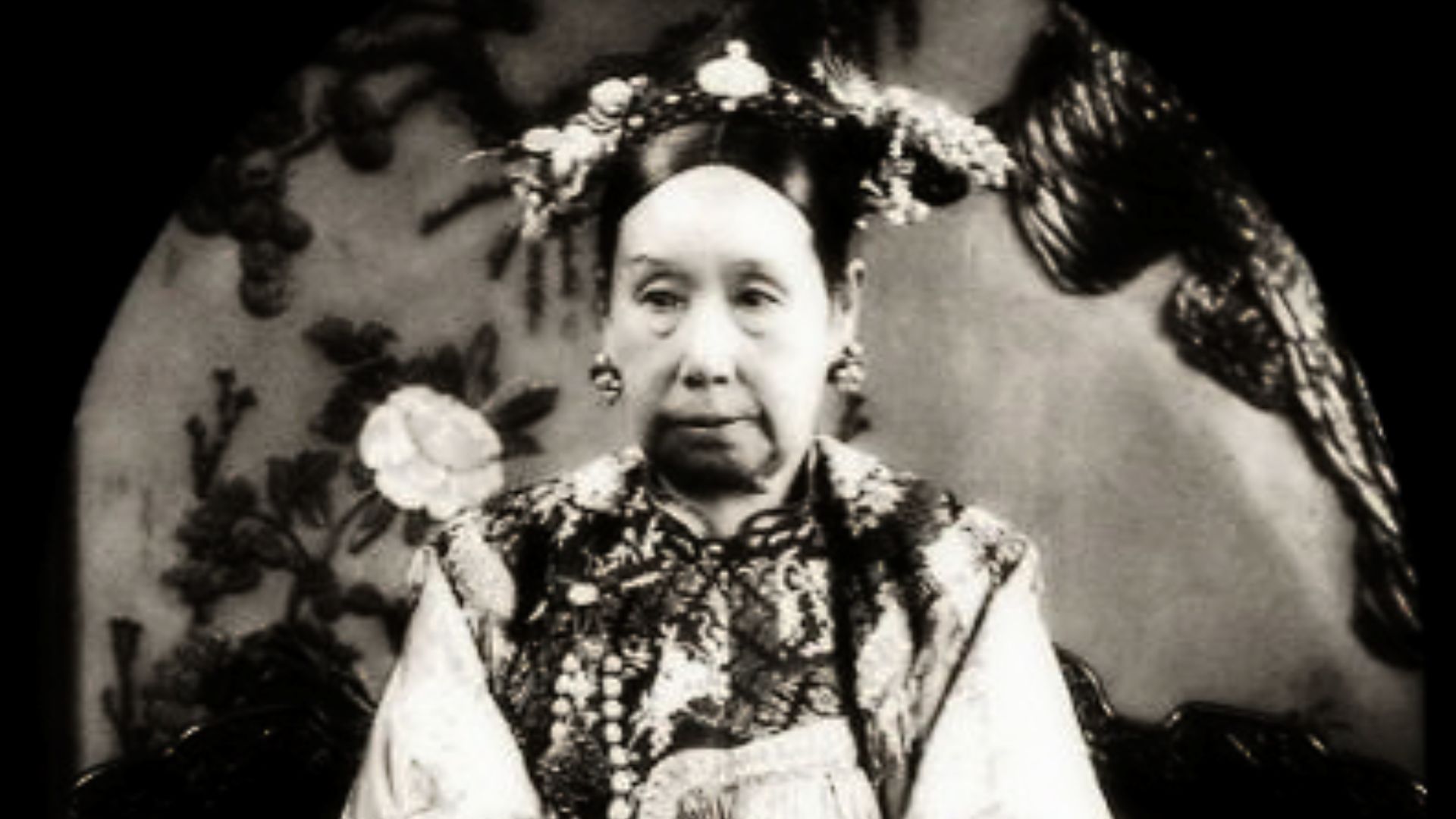 John Yu Shuinling on Wikimedia
John Yu Shuinling on Wikimedia
8. Joan of Arc
Joan of Arc was a national heroine of France. She led the French to victory at Orleans, a decisive battle in the Hundred Years' War.
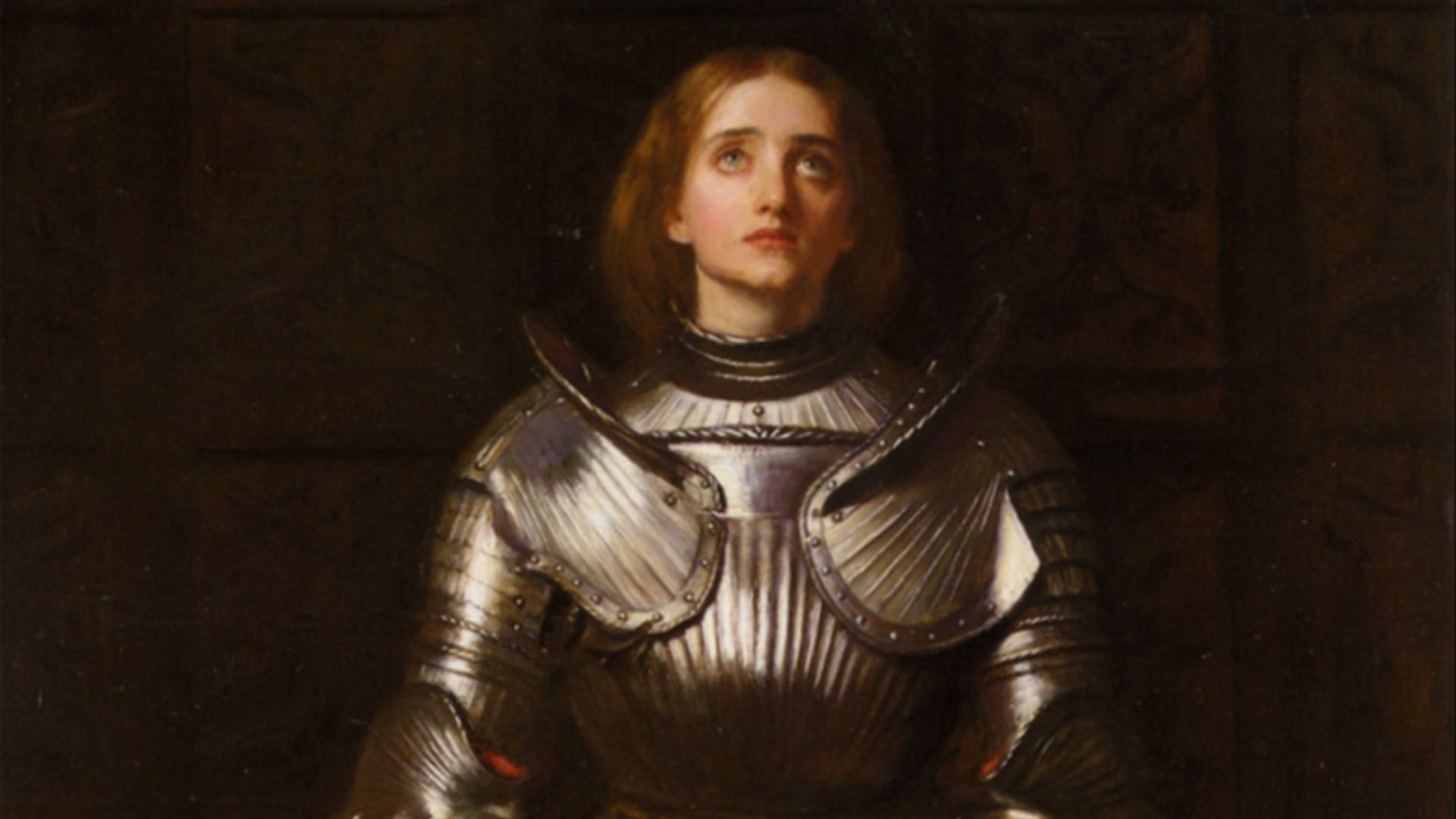 John Everett Millais on Wikimedia
John Everett Millais on Wikimedia
9. Theodora
Theodora rose from poverty to become empress of the Byzantine Empire in the sixth century after the Emperor's nephew, Justinian, fell in love with her. She strengthened women's rights, instituted capital punishment for sexual assault, and rescued underage girls from trafficking.
10. Golda Meir
Golda Meir was the first female prime minister of Israel in 1969. She was in power when Israel was attacked by Syria and Egypt, prompting the Yom Kippur War and he aggressive leadership style made a lasting impact.
11. Margaret Thatcher
Margaret Thatcher was the first female prime minister of Britain in 1979. Known as the "Iron Lady" for her strong leadership style, she instituted economic changes involving the privatization of state industries, financial deregulations, and synthesizing power in the central government.
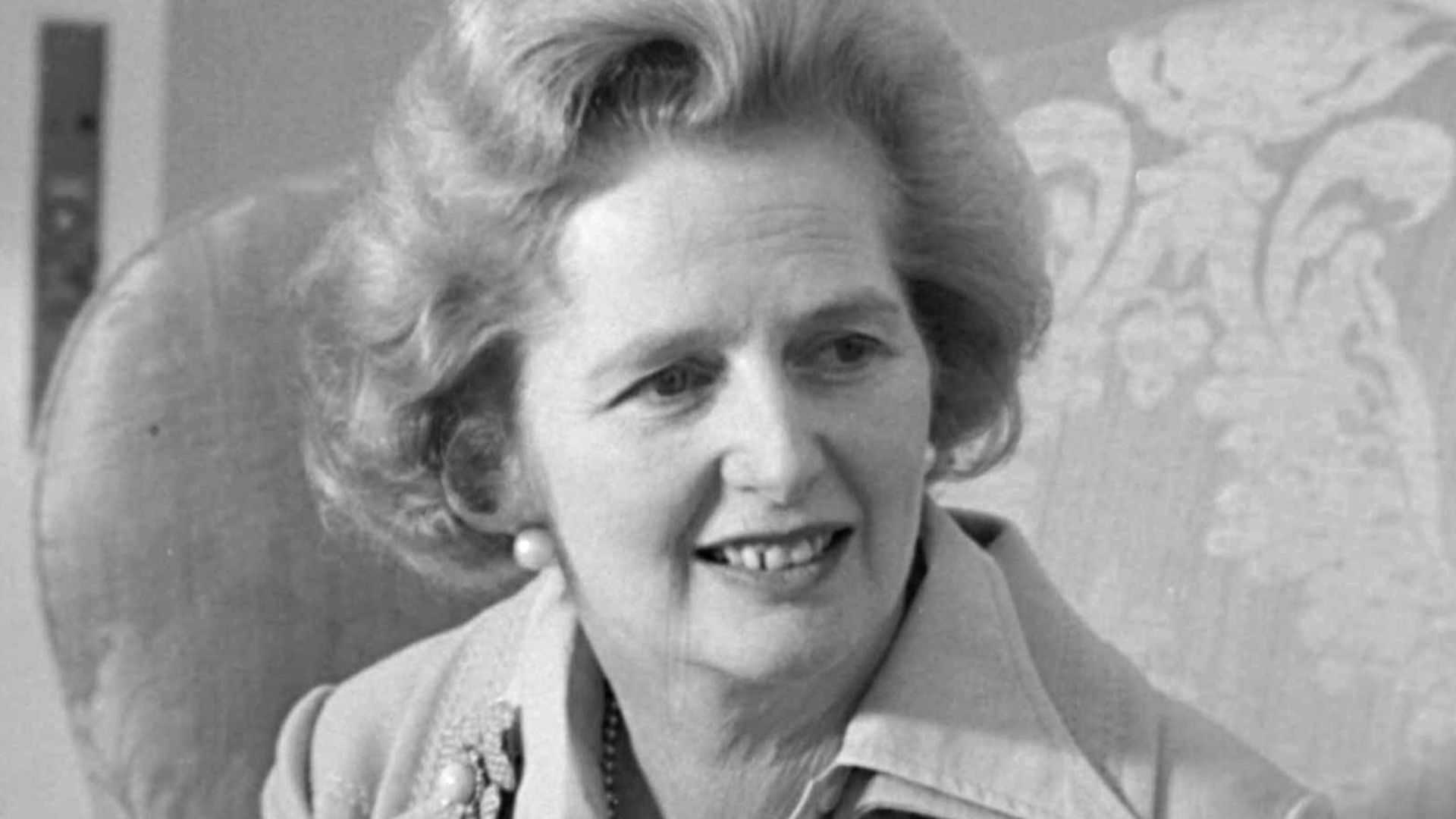 Marion S. Trikosko on Wikimedia
Marion S. Trikosko on Wikimedia
12. Zenobia
Zenobia was the ruler of the Palmyrene Empire, a breakaway state of the Roman Empire. She was an intellectual and polyglot who rebelled against the Romans and even expanded her territory into Egypt.
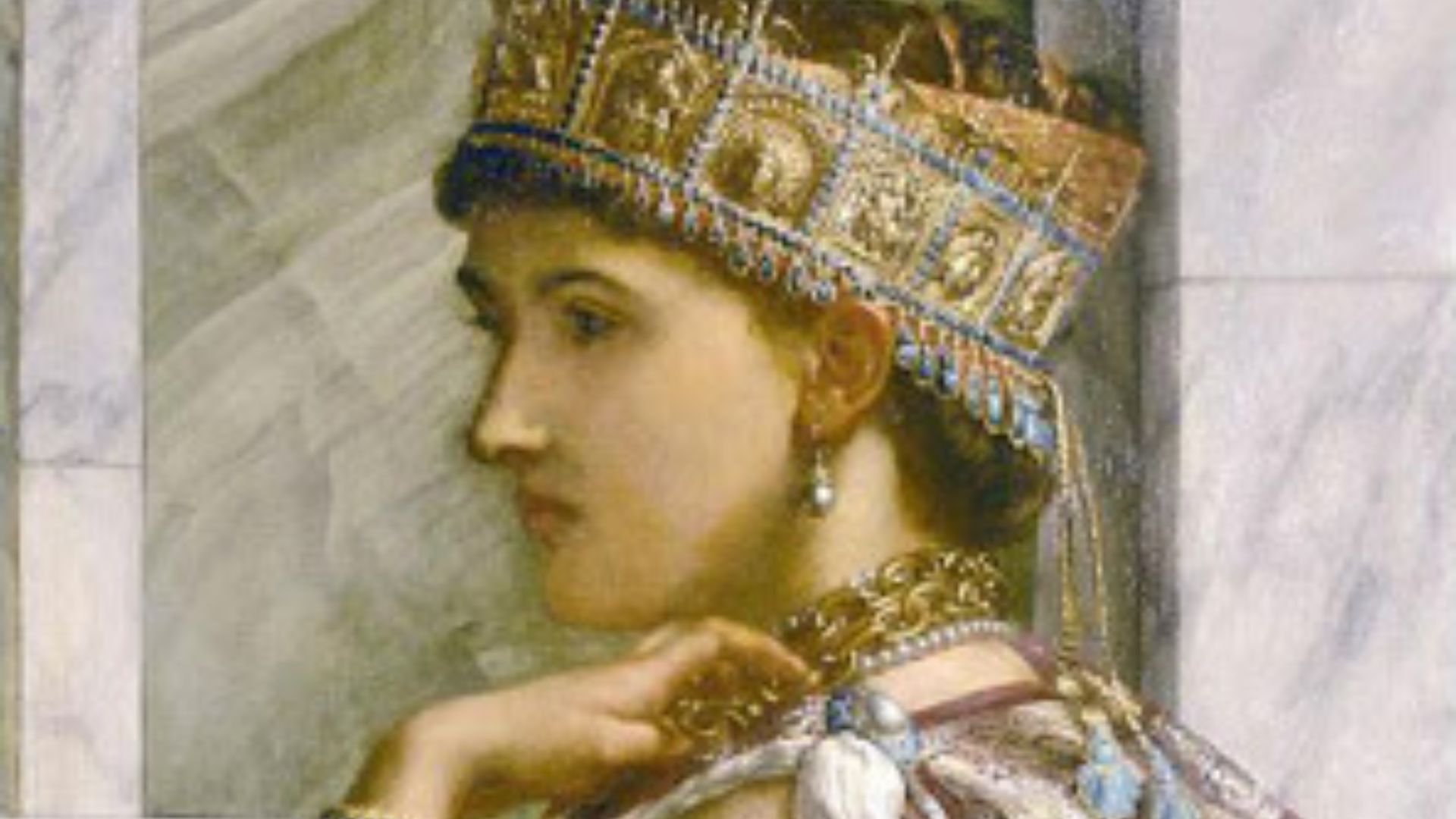 Sir Edward Poynter (1878) on Wikimedia
Sir Edward Poynter (1878) on Wikimedia
13. Maria Theresa
Maria Theresa was the ruler of the Habsburg Empire in the 18th century. She encouraged the advancement of science, reformed the feudal system, and passed strict morality laws.
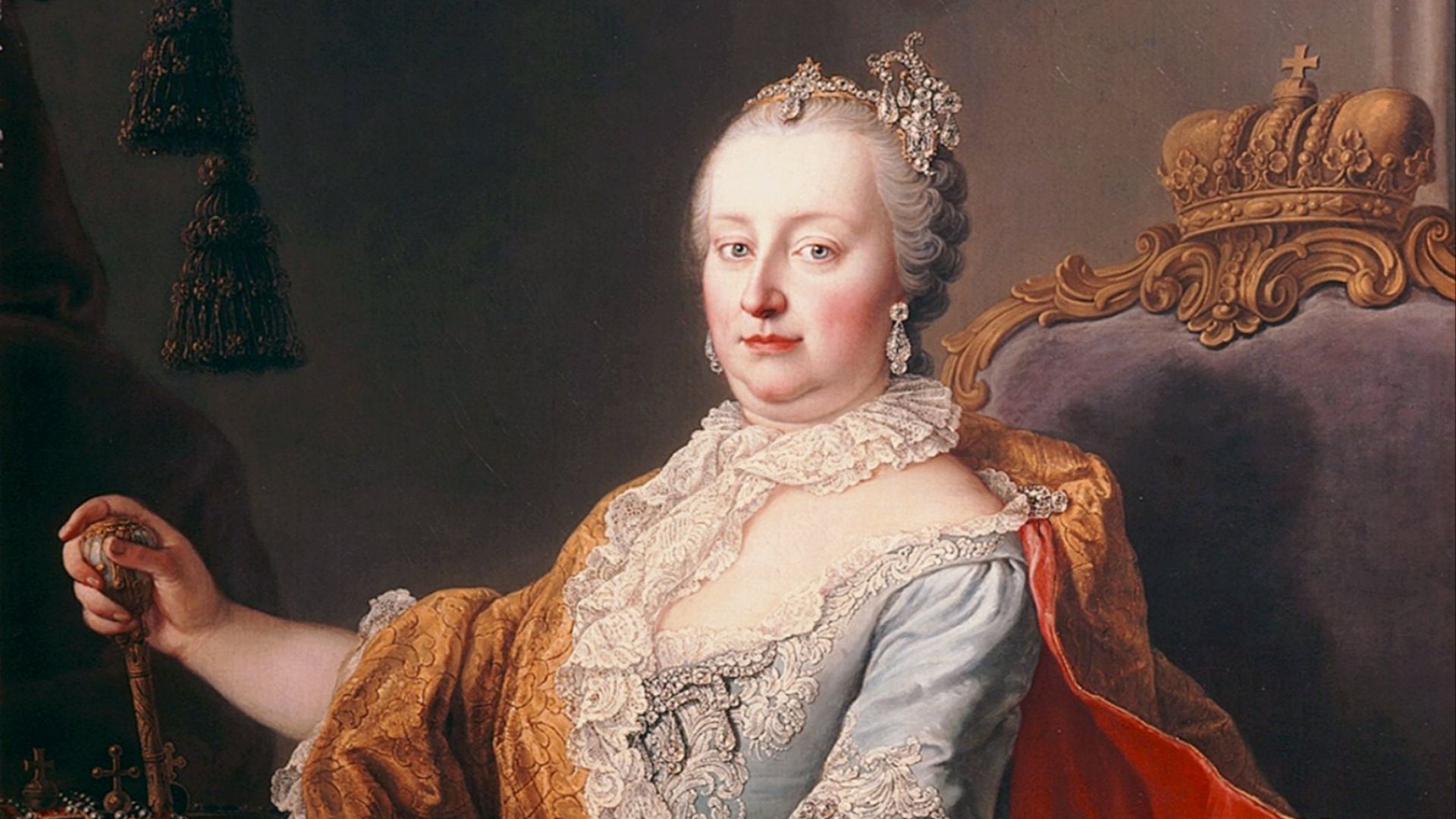 Martin van Meytens on Wikimedia
Martin van Meytens on Wikimedia
14. Wu Zetian
Wu Zeitan was the Empress of China in the sixth century. She was known for her ruthlessness, forcing her young son to step off the throne he inherited so she could take power and execute anyone who spoke against her. Under her reign, China expanded its territory and its economy thrived.
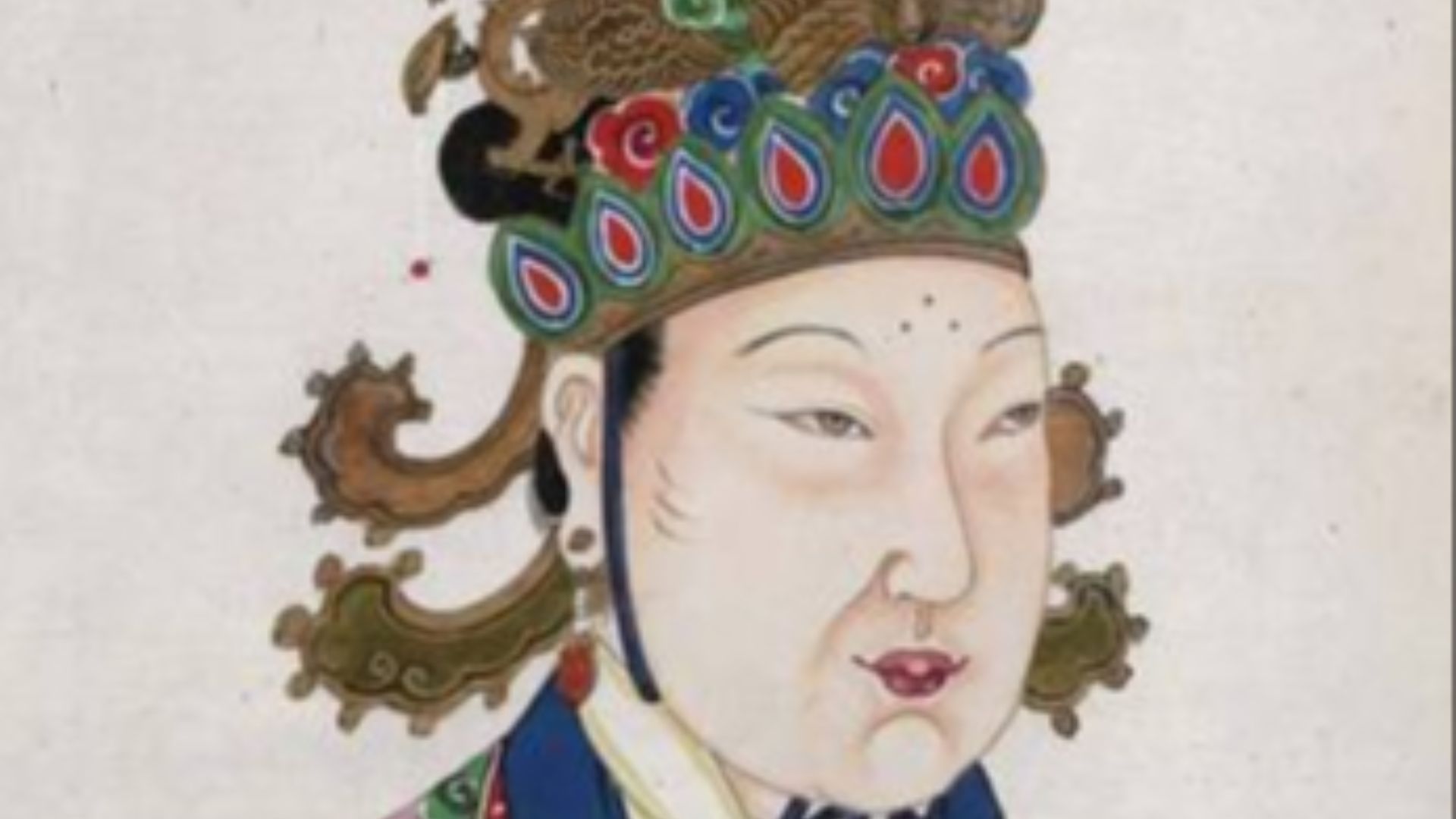 Unknown authorUnknown author on Wikimedia
Unknown authorUnknown author on Wikimedia
15. Tamar of Georgia
King George III of Georgia named his daughter his successor. She ruled Georgia for 24 years after his death and the period she reigned is known as the country's golden age.
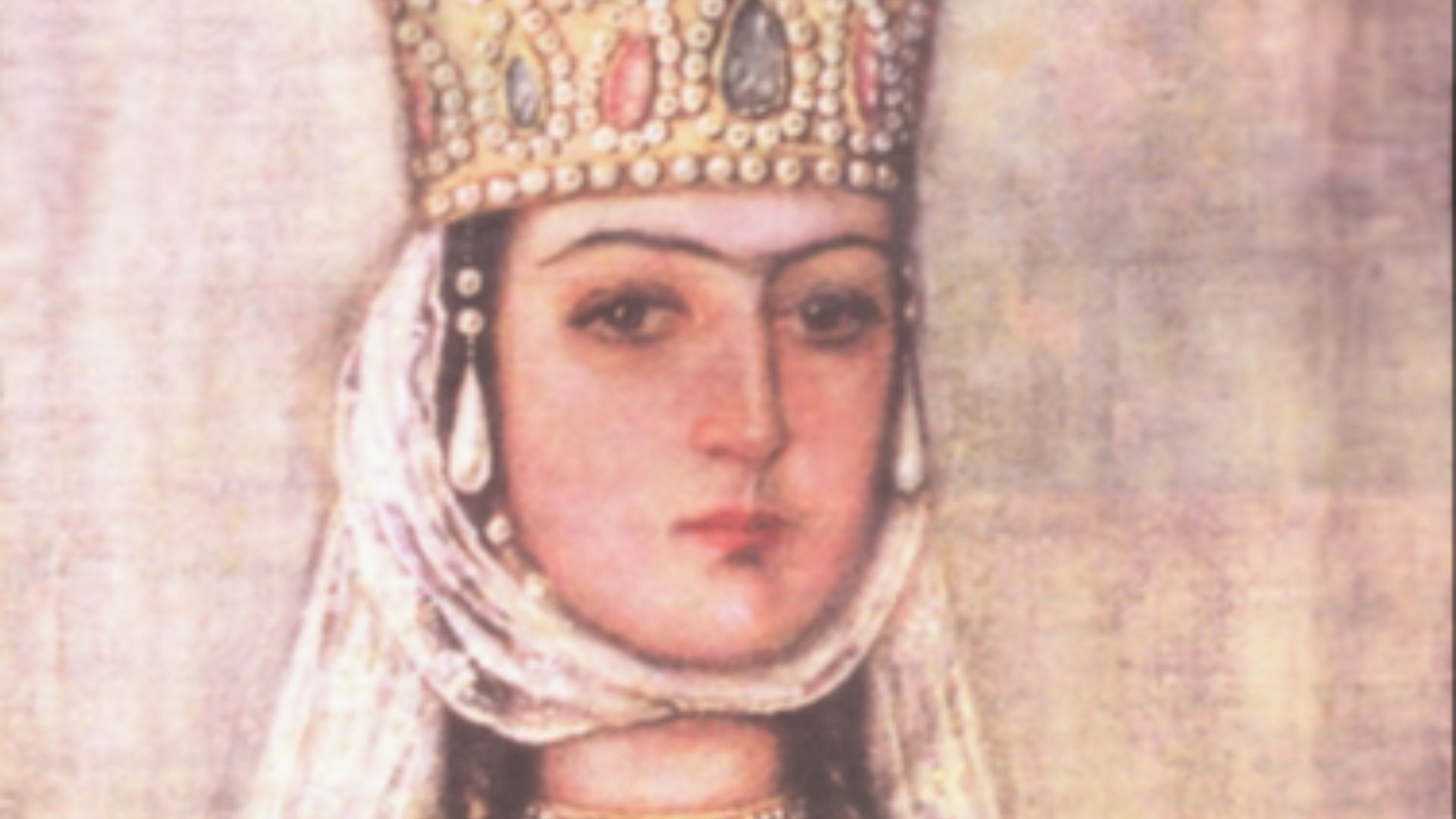 AnonymousUnknown author on Wikimedia
AnonymousUnknown author on Wikimedia
16. Indira Gandhi
Indira Gandhi was elected India's first female prime minister in 1966. She's known for modernizing the country's agricultural systems and improving poverty. However, she quickly devolved into a merciless totalitarian leader.
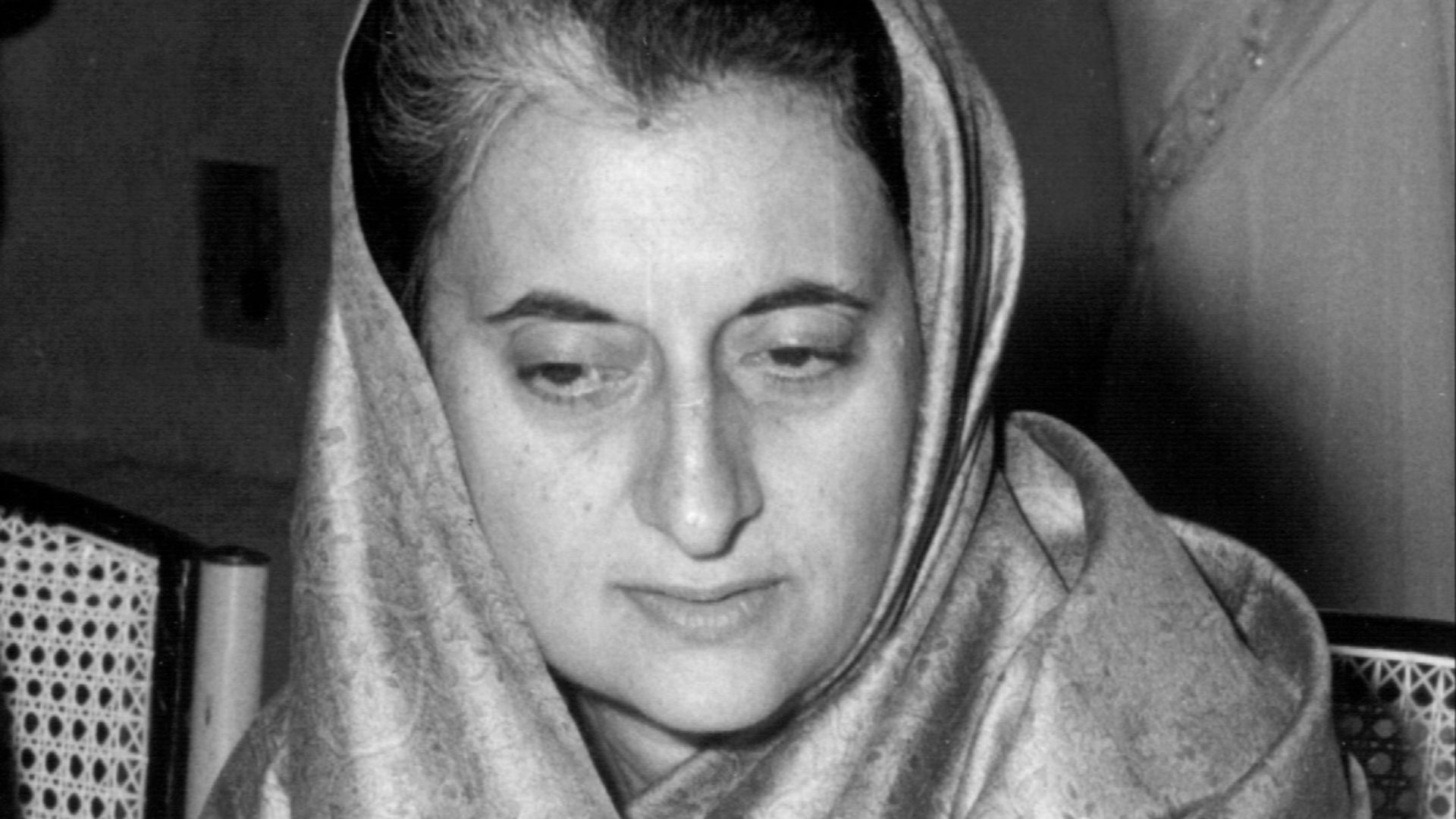 Defense Department, US government on Wikimedia
Defense Department, US government on Wikimedia
17. Isabella of Castile
Isabella was queen of Castile and eón in the 15th century. She married King Ferdinand II of Aragon, uniting the Spain. She and her husband started the Spanish Inquisition, forcing thousands to convert to Catholicism.
18. Agrippina the Younger
Agrippina the Younger was a Roman empress in the first century and one of the most influential women of her time. She married Emperor Claudius to position her son for the throne, bent the emperor to her will, and took on duties that were usually reserved for men like meeting with foreign officials and approving documents.
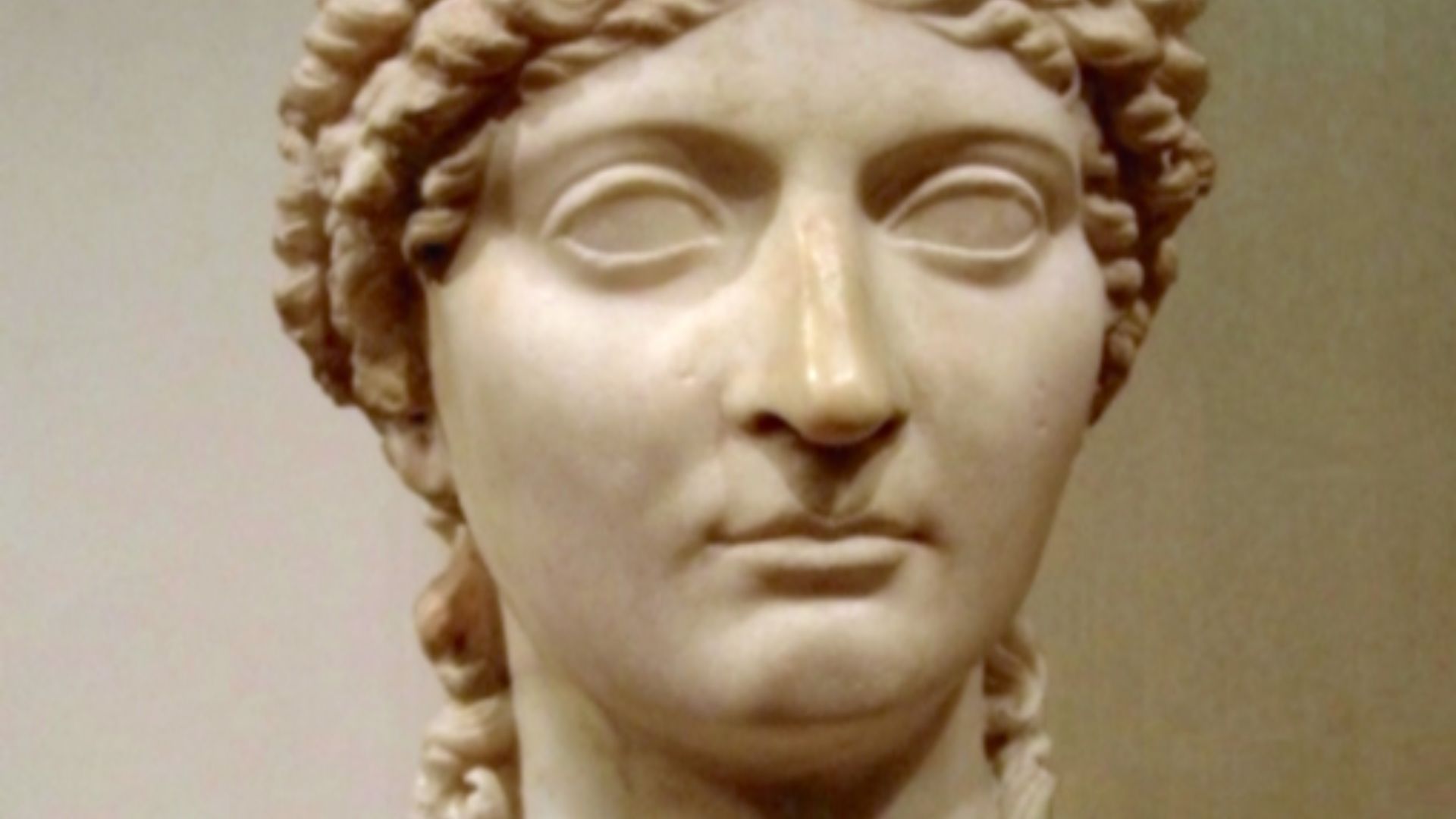 Anonymous (Rome)Unknown author on Wikimedia
Anonymous (Rome)Unknown author on Wikimedia
19. Eleanor of Aquitaine
Eleanor of Aquitaine ruled over two nations, first as the wife of King Louis VII of France and second as the wife of King Henry II of England. She was one of the wealthiest women in Europe and played an active role in government affairs.
20. Angela Merkel
Arguably the most powerful woman of our day, Angela Merkel was Chancellor of Germany from 2005 to 2021 and the country's first female leader. She paved the path to economic recovery for Europe's damaged economies and tackled Europe's biggest refugee crisis.
KEEP ON READING

The Clueless Crush: How I Accidentally Invited a Hacker Into…
Fluorescent Lights and First Impressions. My name is Tessa, I'm…
By Ali Hassan Nov 4, 2025
This Infamous Ancient Greek Burned Down An Ancient Wonder Just…
History remembers kings and conquerors, but sometimes, it also remembers…
By David Davidovic Nov 12, 2025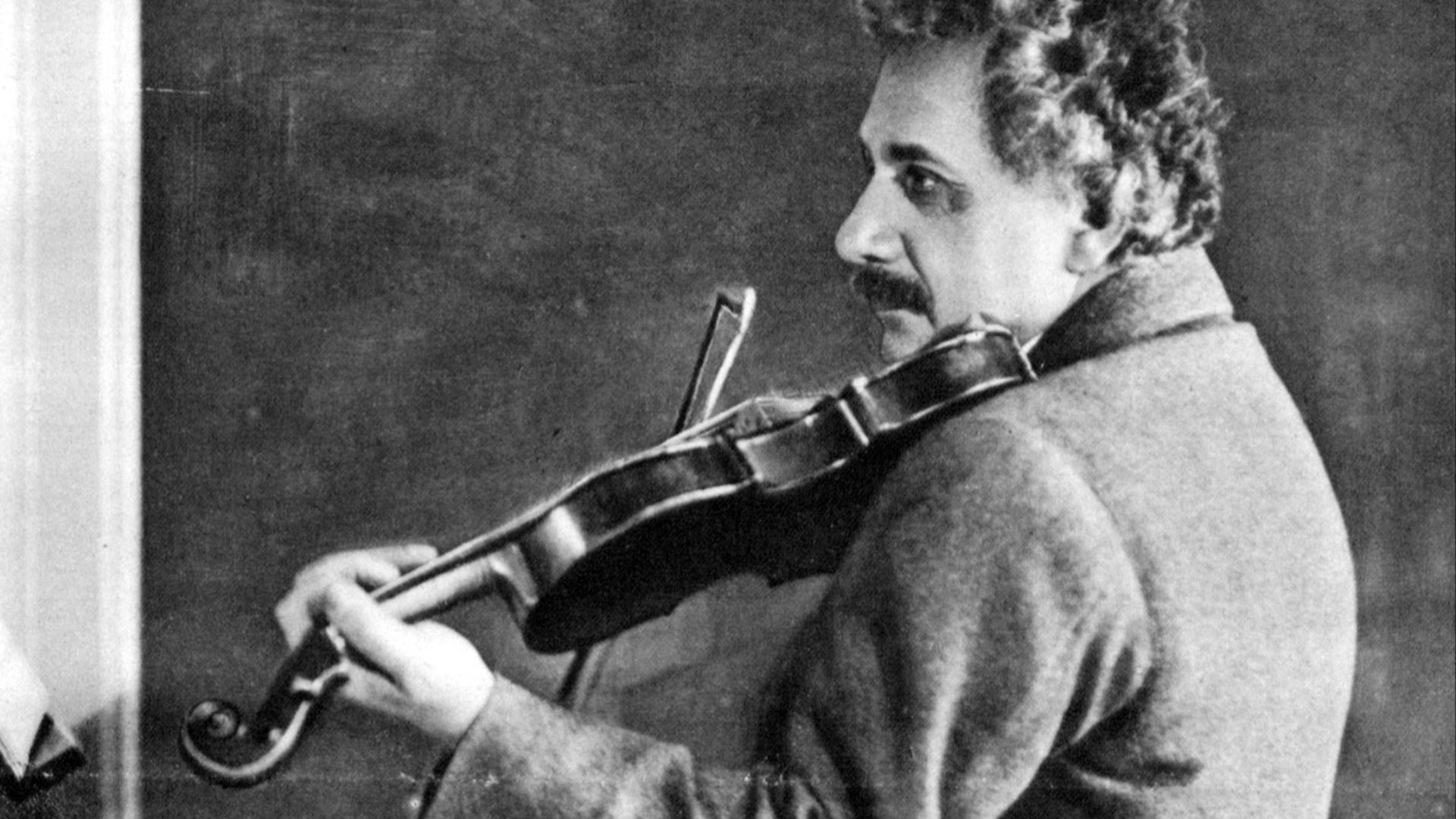
Einstein's Violin Just Sold At An Auction—And It Earned More…
A Visionary's Violin. Wanda von Debschitz-Kunowski on WikimediaWhen you hear…
By Ashley Bast Nov 3, 2025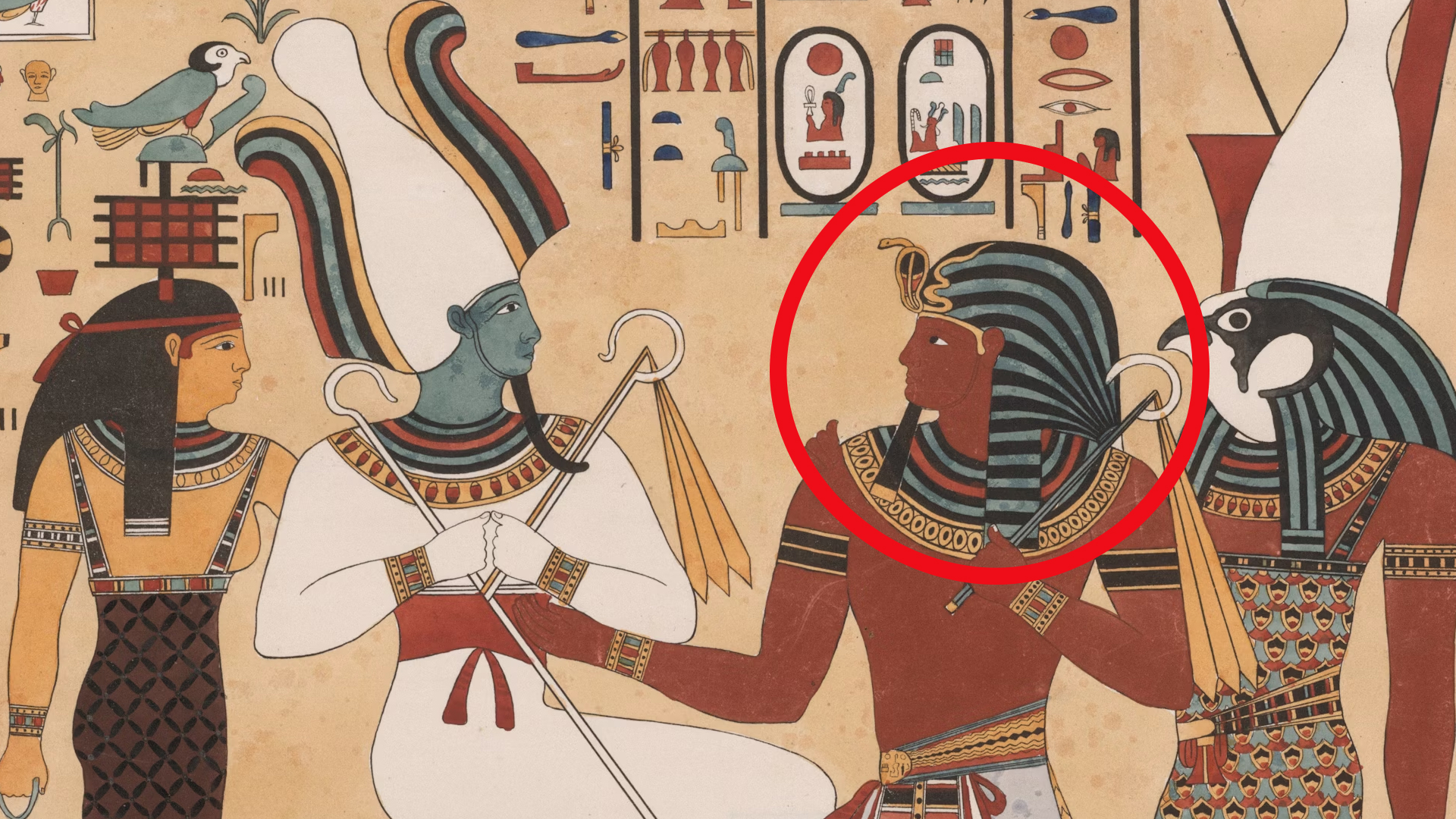
The Mysterious "Sea People" Who Collapsed Civilization
3,200 years ago, Bronze Age civilization in the Mediterranean suddenly…
By Robbie Woods Mar 18, 2025
20 Commanders Who lost Control Of Their Own Armies
When Leaders Lose Their Grip. Control is what makes a…
By Sara Springsteen Feb 5, 2026
The story of Ching Shih, the Woman Who Became the…
Unknown author on WikimediaFew figures in history are as feared…
By Emilie Richardson-Dupuis Dec 29, 2025

